TED Radio Hour
By
The TED Radio Hour is a narrative journey through fascinating ideas, astonishing inventions, fresh approaches to old problems, and new ways to think and create.
Episodes
-
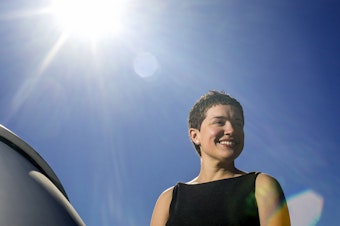
Emily Levesque: How Have Telescopes Transformed Our Understanding Of The Universe?
Astronomers once gazed at the night sky and charted the stars using their naked eyes. Astrophysicist Emily Levesque describes how generations of telescopes have unlocked the wonders of the universe.
-
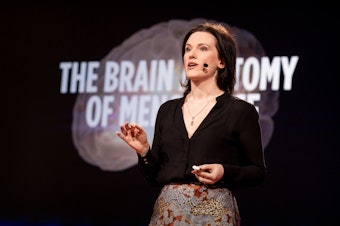
Lisa Mosconi: How Does Menopause Affect The Brain?
We associate menopause with the ovaries, but its symptoms start in the brain. Neuroscientist Lisa Mosconi explains how brain health during menopause affects the rest of the body.
-
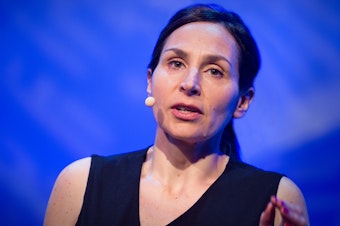
Sandrine Thuret: How Can Adults Grow New Brain Cells?
Adults don't generate as many new neurons as children or teenagers, but some growth is still happening. Neuroscientist Sandrine Thuret explains how we can encourage the production of more nerve cells.
-
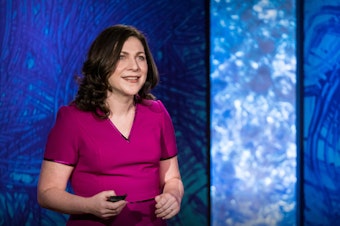
Kimberly Noble: How Does Family Income Affect Child Brain Development?
At birth, babies' brains look pretty similar. But by age five, there are acute disparities in development. Through a series of studies, Kimberly Noble has found one major factor is family income.
-
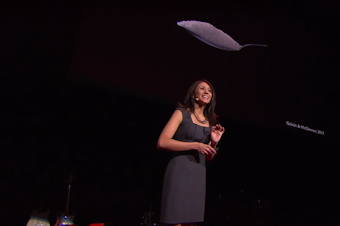
Adriana Galván: How Does The Teenage Brain Make Decisions?
Teenagers often make risky choices that appear absurd in the eyes of their parents. But neuroscientist Adriana Galván says these decisions are critical for adolescent brain development.
-

Black History Month Playlist
February is Black History Month — a time to remember more than 400 years of Black heritage. To celebrate the achievements of the community, we created a playlist of our favorite conversations.
-
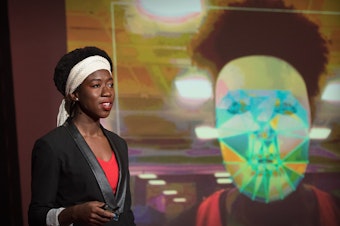
Joy Buolamwini: How Do Biased Algorithms Damage Marginalized Communities?
Data, numbers, algorithms are supposed to be neutral ... right? Computer scientist Joy Buolamwini discusses the way biased algorithms can lead to real-world inequality.
-
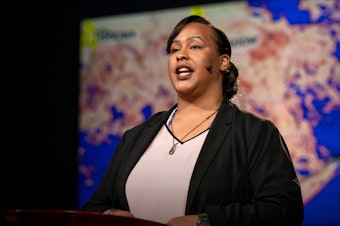
Colette Pichon Battle: How Can We Prepare For The Next Hurricane Katrina?
Sea level rise will displace millions by 2100 — and the Louisiana bayous, where Colette Pichon Battle lives, may disappear entirely. She describes how we can avert the worst when disaster strikes.
-
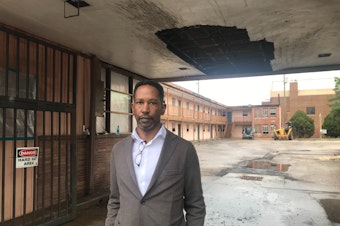
Brent Leggs: How Can Seeing Black History As American History Begin To Make Amends?
How can we make amends for the atrocities of slavery and segregation? Historian and preservationist Brent Leggs discusses one step in confronting the past: preserving African American historic sites.
-
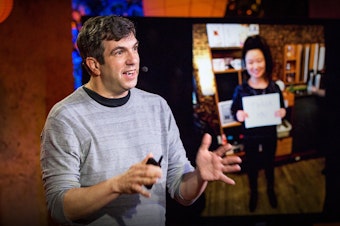
A.J. Jacobs: What's The Power Of A Simple Thank-You?
When A.J. Jacobs set out to thank everyone who made his morning cup of coffee, he realized the chain of thank-you's was endless. This hour, Jacobs shares ideas on gratitude — and how to make it count.
-
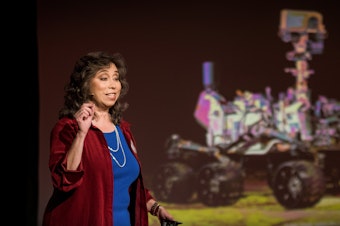
Nagin Cox: What Does Time On Mars Teach Us About Time On Earth?
NASA engineer Nagin Cox lives on Earth but works on Mars time, where days are longer and time works differently. Her work with the rovers has entirely changed the way she thinks about time on Earth.
-
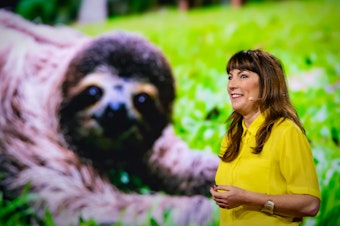
Lucy Cooke: How Did Slowness Become The Sloth's Secret To Survival?
It's easy to see why sloths have become icons of laziness. But zoologist Lucy Cooke says behind their leisurely pace is a marvelous evolutionary advantage that is the secret to their survival.